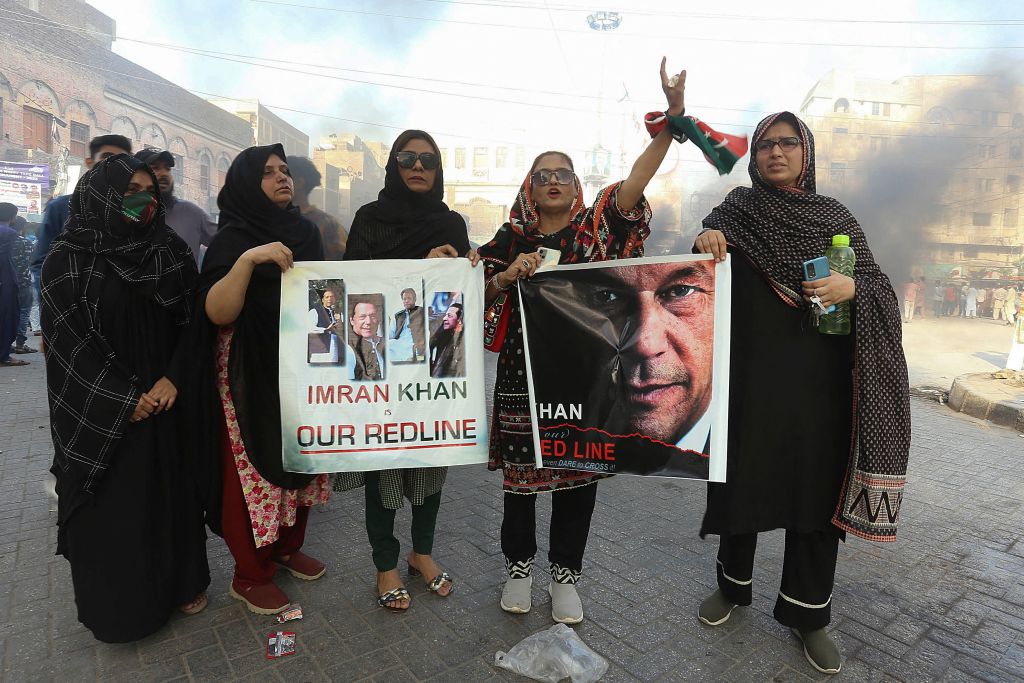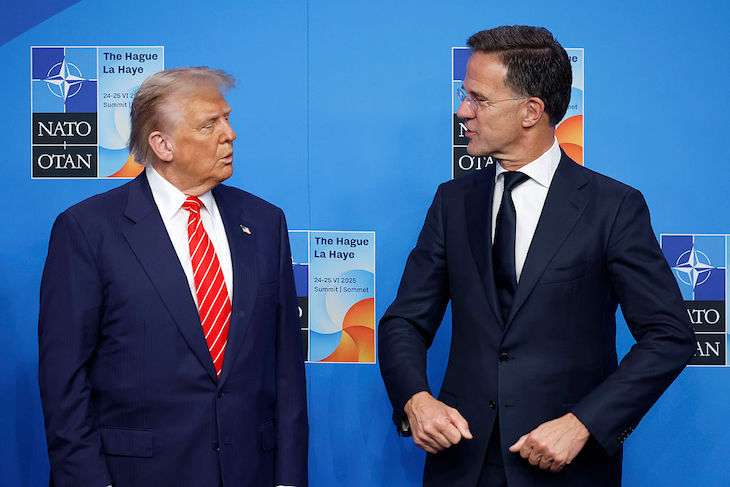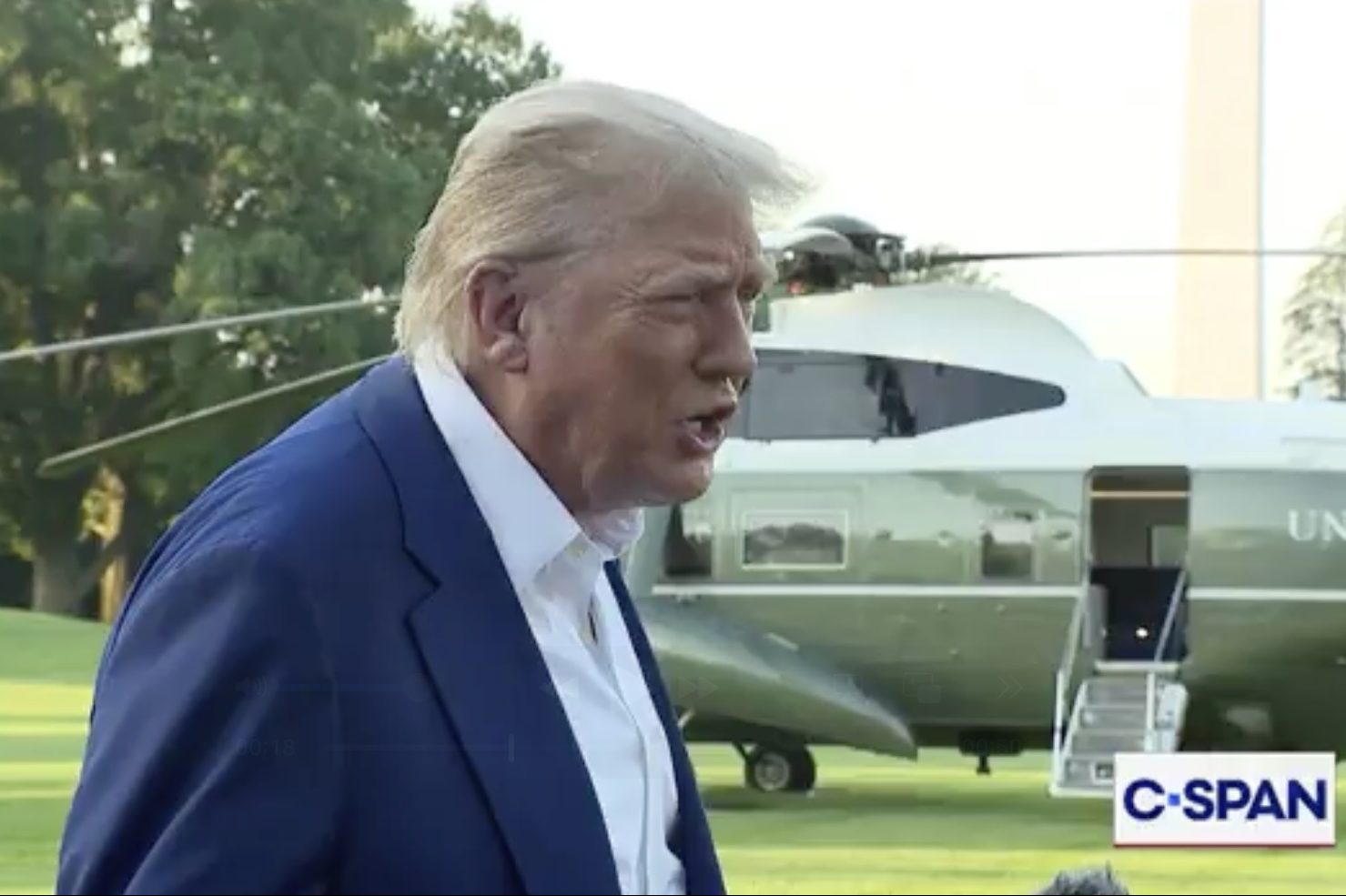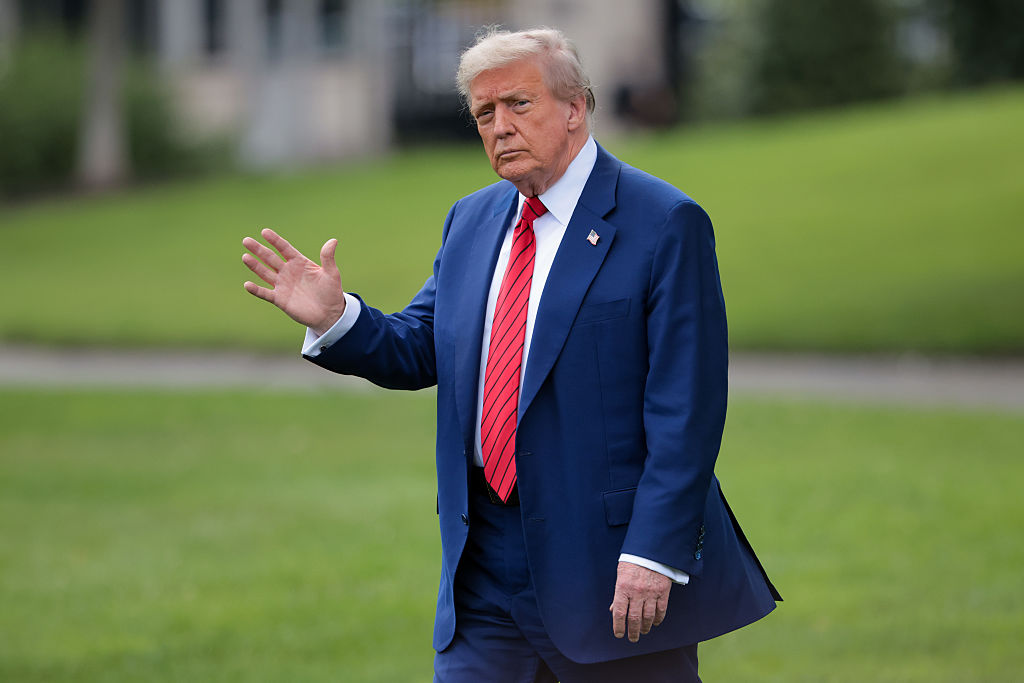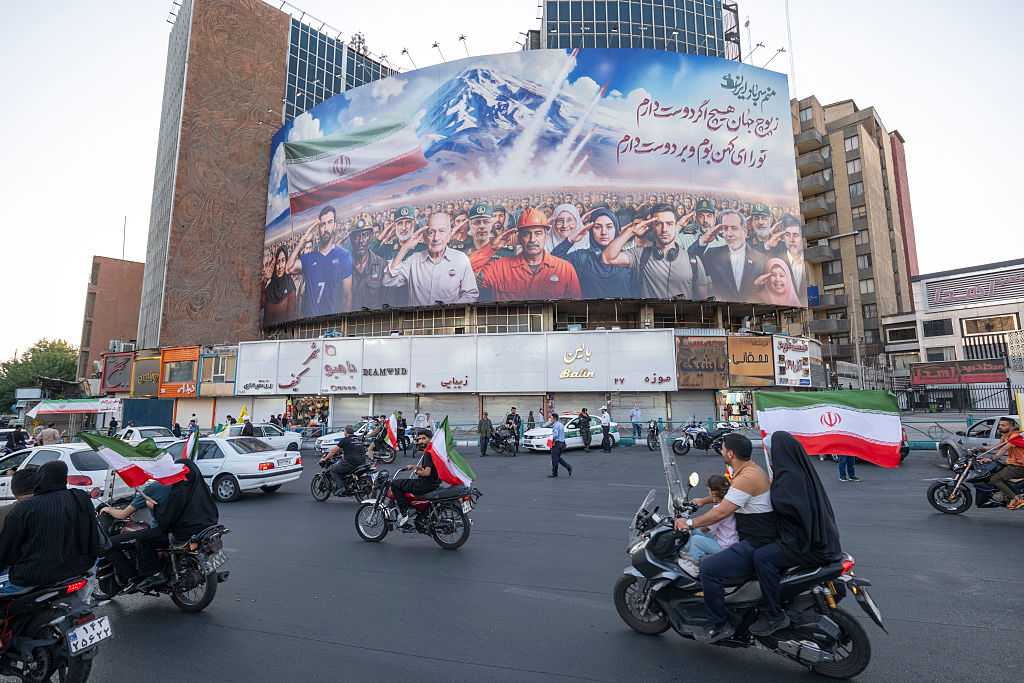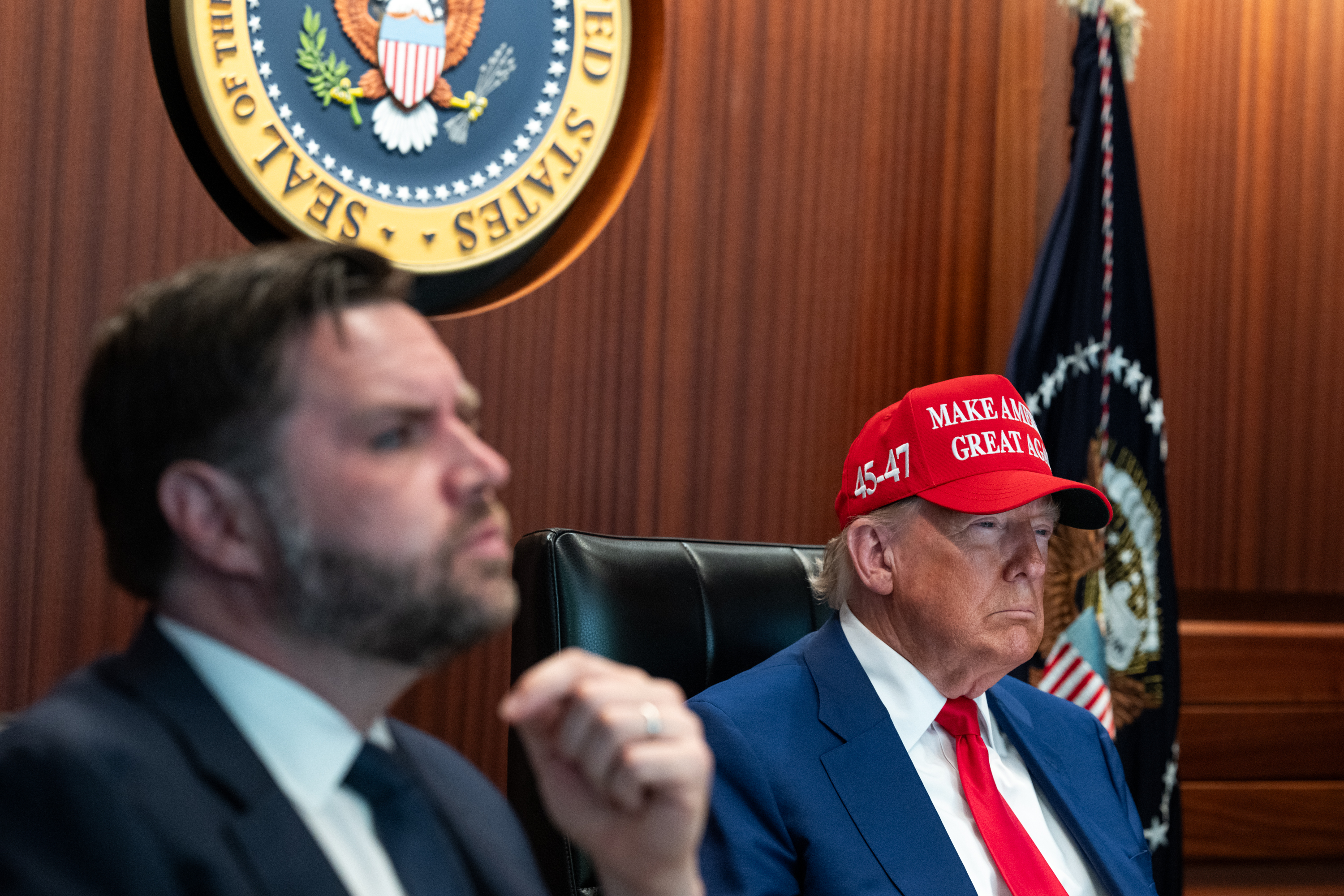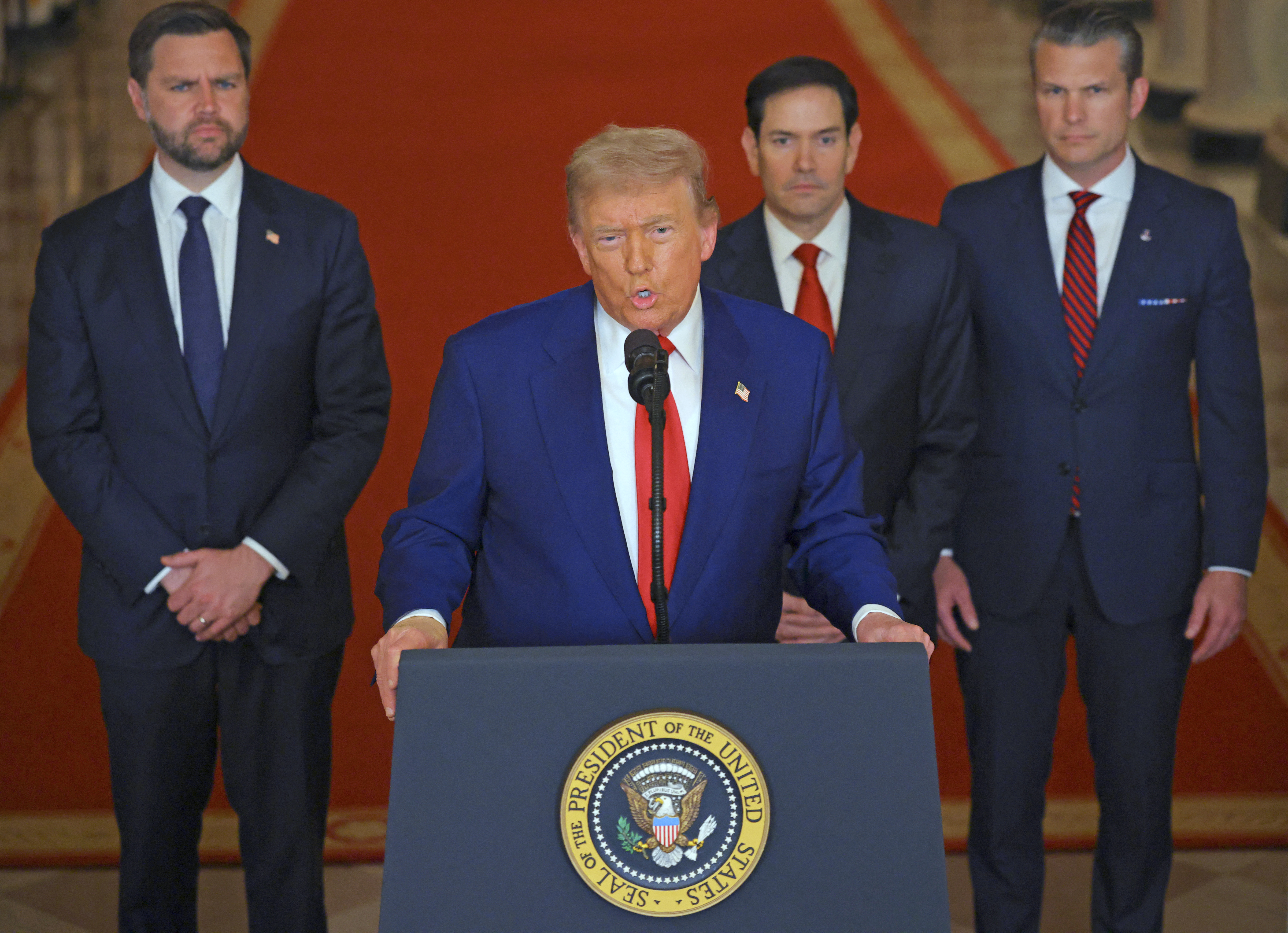The saga of Imran Khan’s political career rumbles on. While on his way to the High Court in Islamabad Tuesday to defend himself against trumped-up charges of political corruption, Khan was ambushed inside the judicial compound by enforcement paramilitaries known as the Pakistani Rangers. After Khan and his lawyers were allegedly beaten up, he was then driven away.
The Pakistan government, the military or its agents, have seemingly been trying to either arrest or kill the immensely popular Khan since he was deposed by an army-backed constitutional coup in April 2022. Finally, this week they got their man. Pakistan’s Supreme Court ordered Khan’s release today.
In November last year, Khan had been fortunate to survive a gun attack which left him with three bullet wounds in his leg. The clearly-orchestrated assassination attempt was made by two gunmen while he was standing on a truck during a protest rally heading to the capital, Islamabad.
Finally, this week they got their man
The timing of the arrest may relate to Khan’s increasing rhetoric against the army and its role in the assassination attempt. In a video broadcast on Tuesday, he had accused Major-General Naseer, head of Pakistan’s infamous intelligence agency the ISI, of involvement in the failed assassination. In a series of tweets, Khan claimed that he could “prove in (an) investigation that this man twice tried to kill me.” Khan had previously called for new prime minister, Shehbaz Sharif, to be indicted for the crime along with the arrested gunman, Naveed Ahmed, who was named by police as the only suspect.
After more than two decades in Pakistan politics, Khan, the former cricketing legend, who was often dismissed as a lightweight, fantasist and sometimes an extremist by domestic, as well as international, commentators, finally won power in 2018. His PTI (Pakistan Tehreek-e-Insaf; Pakistan Movement for Justice) ended the long rule of the Bhutto and Sharif families. Their respective parties, the Pakistan People’s Party and the Pakistan Muslim Party, had ruled Pakistan for a generation. Both families amassed huge fortunes whose sources, to put it mildly, are shrouded in mystery.
By contrast, Khan’s popularity as a politician rests on his principled stance against corruption. His support comes from both the conservative Muslim countryside, which admires his strict Muslim lifestyle — a far cry from his self-confessed playboy days in the 1980s — and from a younger urban generation, who see the charismatic Khan as a messiah figure who can save them from the chronic social and economic problems that plague Pakistan. The country faces a parlous economic crisis with foreign reserves having fallen from $20 billion in July 2021 to $4.3 billion in March this year.
Khan’s arrest has been met predictably with widespread rioting. Even by the standards of PTI party supporters, the reaction to Khan’s arrest has been extraordinary. In Lahore, Khan’s home city, and Rawalpindi, military compounds have been overrun. Thus far soldiers, perhaps sympathetic to the PTI cause, have been restrained. Khan’s supporters will not be unaware that he commands official poll support as high as 80 percent. If they feel Khan is being denied the chance to stand for election in October in a vote that looks nailed on for a PTI majority, they will rightly feel aggrieved. In these circumstances, the possibility of full-blown insurrection cannot be ruled out.
Popular anger will be against the United States, as well as the Pakistan establishment. The latter includes not only the legacy parties of Bhutto and Sharif, but also the Army. The military, which helped bring Khan to power, was largely instrumental in bringing about his downfall when he clashed with powerful military figures, such as the American-loving General Qamar Javed Bajwa.
Given the Pakistan military’s need for American financial assistance, not only to shore up military expenditure, but also their very substantial industrial and financial interests, their move against Khan last year was likely to have been sanctioned by the CIA. Of course, this is difficult to prove. But Khan’s known hostility to the West — and his seeming coziness with Vladimir Putin and Xi Jinping — gave the United States good reason from a geopolitical view to back the removal of the democratically-elected Khan.
One can only hope that Khan emerges from his summary arrest with his life. Where the CIA has been involved with the deposing of a head of state, this has not always been the case. When in 1963 America’s ally President Diem of South Vietnam was arrested, bundled into a van and stabbed to death, it was with the tacit support of Joe Biden’s hero, President John F. Kennedy. According to special assistant Arthur Schlesinger, a morally tortured JFK turned white when he heard of the assassination.
Kennedy escaped lightly over what happened to Diem, though he later lamented “we must bear a good deal of responsibility for it… the way he was killed… made it particularly abhorrent.” It was a stark example of why the pursuit of moral foreign policy is lined with pitfalls. President Biden and his secretary of state, Antony Blinken, should take note.
This article was originally published on The Spectator’s UK website.



